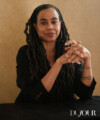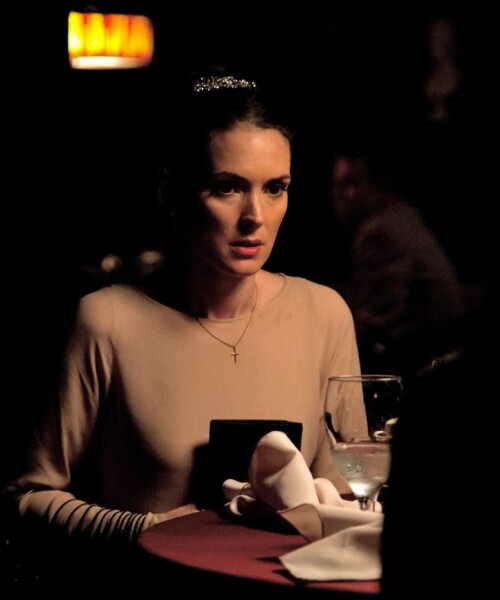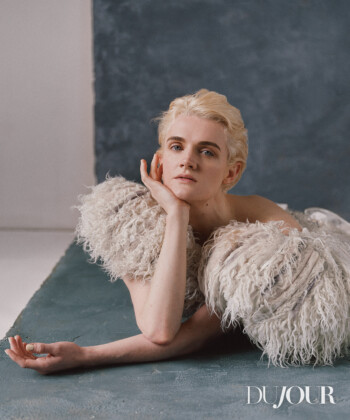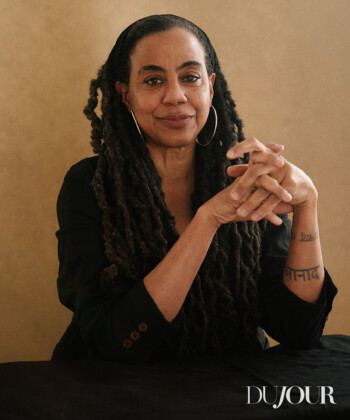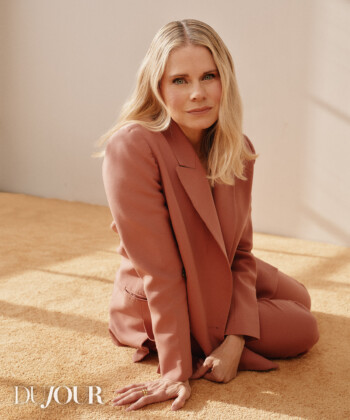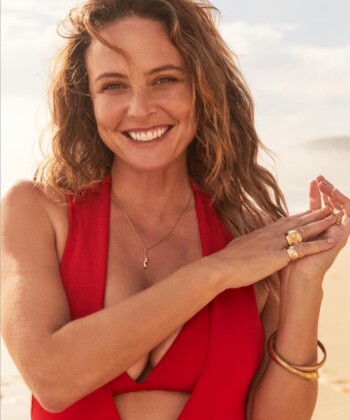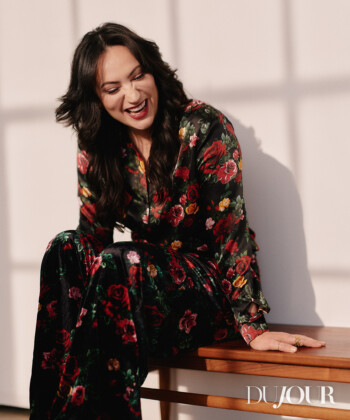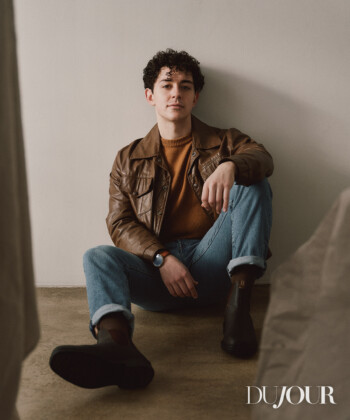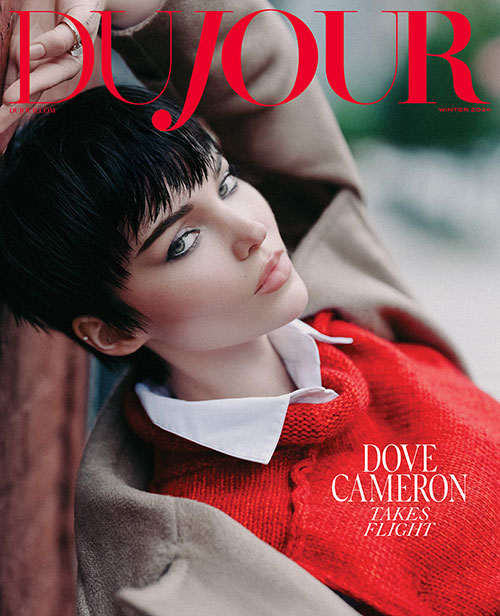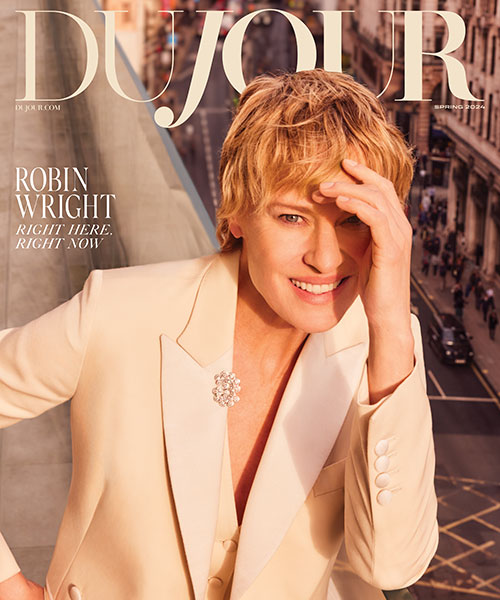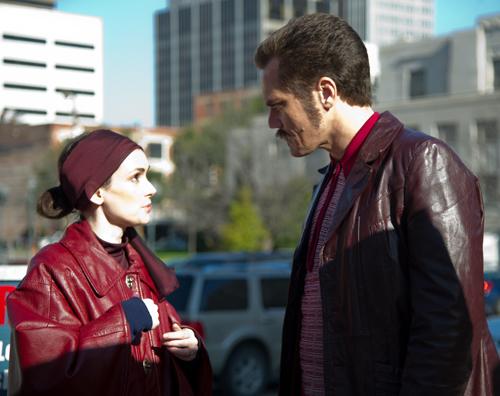 Courtesy of Millennium Entertainment
Courtesy of Millennium Entertainment
“Mobster wife” might not be the first label that comes to mind when you think of Winona Ryder, however that’s precisely what she’s become for her latest role starring opposite Michael Shannon in Ariel Vromen’s The Iceman (in theaters May 3). The film is based on the true story of a New Jersey contract killer who for decades led a double life as a suburban family man while he carried out the hits. DuJour caught up with the actress to talk about hit men, acting and just how long it takes to recover from the ’90s.
How much did you know about Richard Kuklinski, aka “The Iceman,” before this movie?
I had watched some of his interviews, but honestly I was not fascinated with him; I was just repelled and disturbed.
His wife always claimed her innocence in her husband’s crimes. What attracted you to her?
She was obviously in such a deep state of denial, to the extent that she just couldn’t even ask the question. I don’t see her as a co-conspirator, but to acknowledge it would have meant bearing some responsibility and probably leaving, and she liked her life. She liked everything about it, and that’s what’s sad to me. She was flourishing from blood money and looked the other way.
She’s quite a complicated character, how did you approach the role?
You hear actresses talk about strong female roles but there are some roles that are weak people that are just as interesting; there’s nothing courageous or heroic about these people at all. In doing my research I found myself in a weird way mirroring what she did. I kind of went into denial and blocked out everything in the script that she was in denial about. I wanted to make her a more complex character than just this naïve woman.
You’re much more discerning in your roles nowadays—how has your selection process changed over the years?
It’s really interesting to me the way people think that if you’re not working all the time is must mean something. I was asked recently about the ’90s and did they take their toll and I said, “Yeah, well, I slowed down” and then the headline [was] “IT TOOK ITS TOLL” when I was just simply responding; it’s interesting what they pull for headlines.
But to me it’s just so much better to wait [for the right role]. It’s something that I did try to apply a little bit in my twenties when I could really afford to. I tried to do one movie a year whereas before I did sort of get burned out. I just want to live a good life and I love making movies and hope to continue, but I do have other interests so it’s important to have a good balance.







